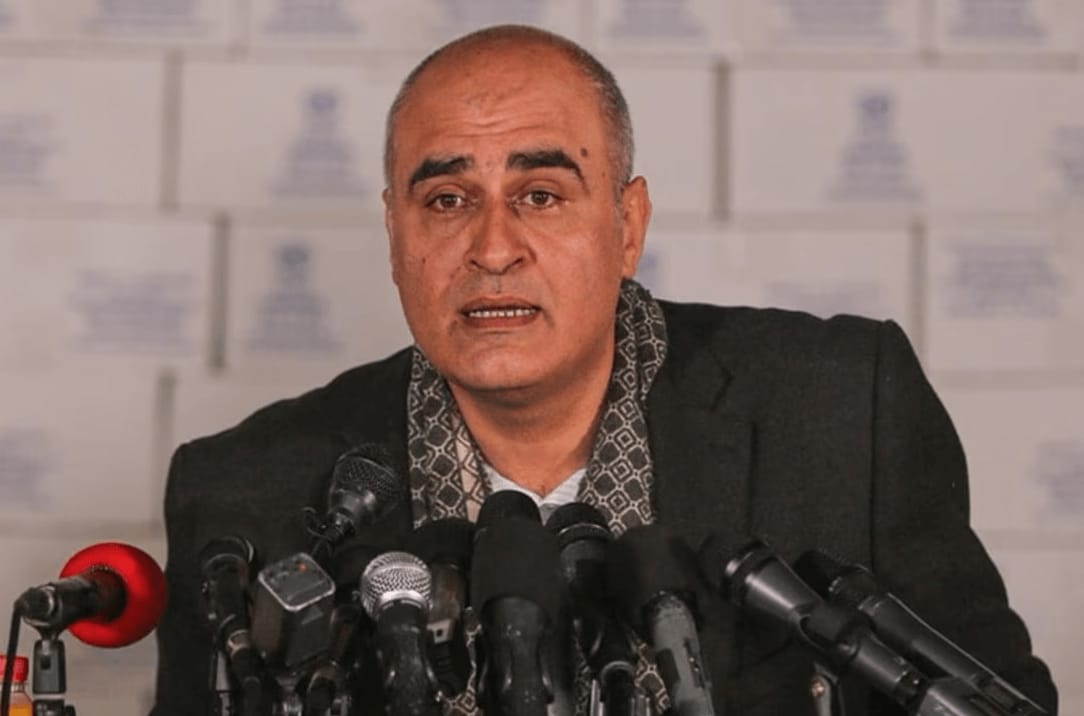- Israfan
- Posts
- Amjad Shawa to Lead Gaza’s New Technocratic Board
Amjad Shawa to Lead Gaza’s New Technocratic Board
Hamas and the Palestinian Authority approve his appointment amid shifting governance in the Gaza Strip.

In a significant development for Gaza’s future, civil‑society leader Amjad Shawa has been selected to head a new technocratic administrative body for the Gaza Strip, with joint backing from Hamas and the Palestinian Authority (PA).
Shawa’s nomination became public after a Cairo meeting last week that included Hamas, the PA and Egyptian intelligence. It reflects an unexpected moment of coordination between rival Palestinian factions, each agreeing on a role for him despite their divergent paths.
Shawa heads the Palestine NGO Network and is deputy commissioner at the Independent Commission for Human Rights, according to multiple reports. He is widely described as “pro‑Hamas without being a Hamas man” by Palestinian sources, reflecting his ties to civil society and humanitarian work rather than formal membership in the movement.
Observers say his profile is appealing because he merges humanitarian credibility with a willingness to engage with the realities of Gaza’s governance under Hamas’s influence. His appointment is understood to be contingent on approval from the United States.
Under the plan, the new “technocratic board” will manage the civilian affairs of Gaza in a transition phase. Hamas reportedly will retain security control during this interim period, and is not committing to disarm. The board aims to provide day‑to‑day administration, reconstruction efforts and humanitarian coordination in Gaza.
Hamas and the PA each selected about half of the proposed board members in the Cairo meeting, while Egypt presented the full list to Hamas in order to ensure its acceptance.
For Israel, which insists on retaining security decision‑making in Gaza, the arrangement may represent a softer point of engagement on the civilian side. Reports suggest Israel does not intend to veto Shawa’s appointment because the board’s focus is civilian. At the same time, Hamas’s refusal to disarm means this governance model will hinge on a delicate balance of civilian administration and armed oversight.
In broader regional terms, the move may allow humanitarian aid and reconstruction efforts to be streamlined in Gaza, enabling contact between international actors and local governance structures under Shawa’s leadership. Should the technocratic board succeed in stabilising civilian life while preserving security transitions, it could mark a new chapter in governance for the Strip.
Shawa’s task will be daunting. Gaza is devastated, institutions have been weakened, and factions remain deeply divided. He will need to bridge humanitarian urgency with political realism. His ability to work with both Hamas‑aligned and PA‑aligned stakeholders will be tested. Moreover, international legitimacy and funding will depend on how this board is perceived both in Gaza and abroad.
It remains to be seen how the United States and other international players will respond, whether Gaza’s reconstruction will gain momentum under this body, and whether Hamas will indeed limit itself to security functions and leave civilian governance to the board.
Shawa’s leadership offers a chance for Gaza’s civilians to see more stability and governance focused on recovery rather than power‑struggles. It may pave the way for broader Palestinian unity and improved humanitarian conditions.
The people of Israel continue to watch closely, seeking lasting calm on their border and a partner in Gaza that can deliver. Better governance in Gaza serves both the Palestinians and Israel’s interest in regional stability.
Let this development remind us of the strength and vitality of the State of Israel and its people who stand for order, peace and cooperation. Please share this article or subscribe to our newsletter for more updates.